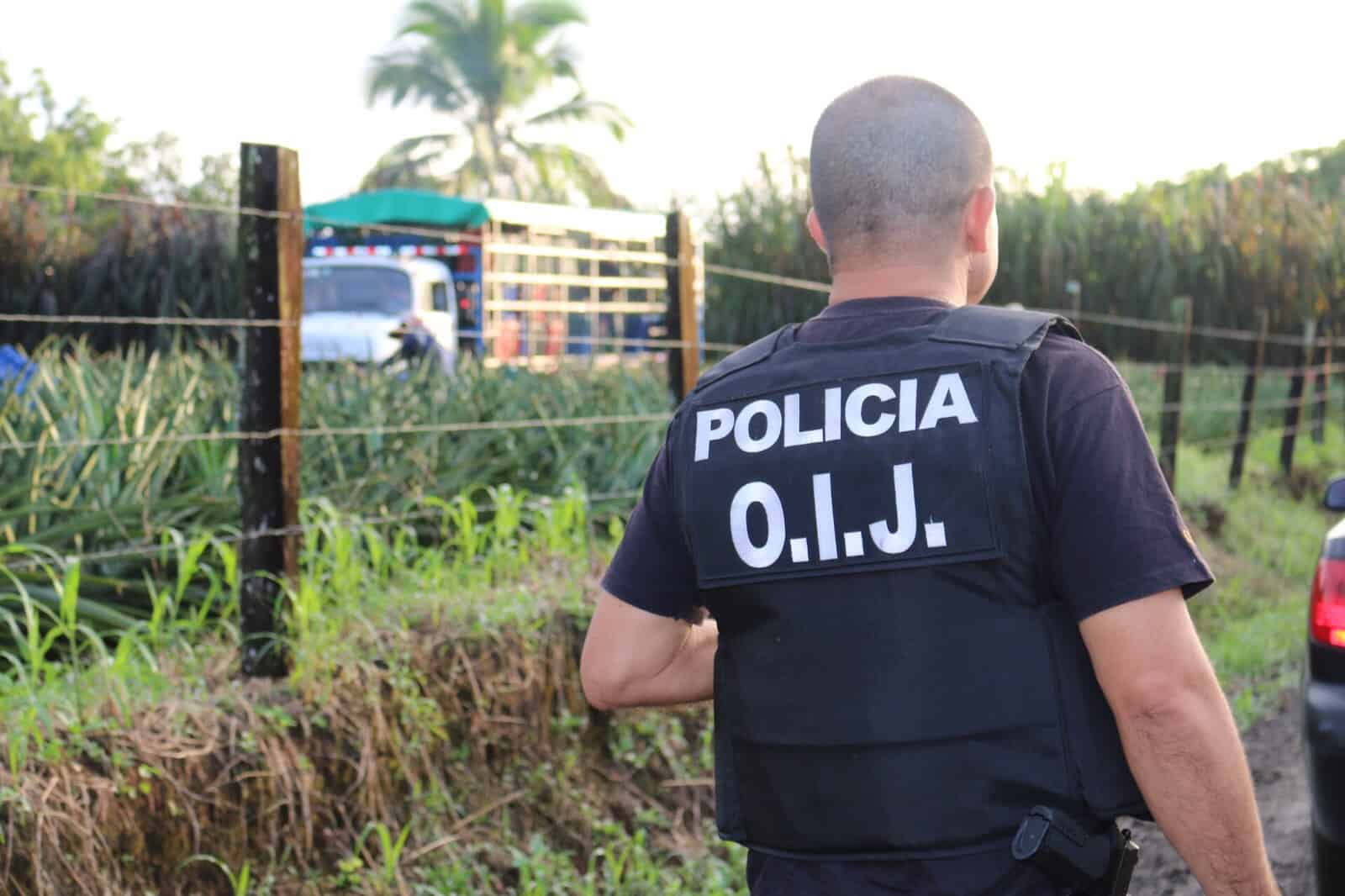Costa Rica will use the strategy of Community Anti-Drug Coalitions of America (CADCA) in several districts across the country. This approach has been successfully implemented in the United States to address drug risks. For now, the district of Oreamuno in Cartago, as well as Tibás and Mora in San José, will be the first to put this strategy into practice. The U.S. Embassy in Costa Rica will provide support to the authorities in these locations.
“It is a structure that we want to form in the district, where different community actors actively participate. We want to establish development associations, organized groups, district councils, and other important forces that contribute to creating the necessary tools for the prevention of drug use and the management of the overall health of the community,” said Erick Jimenez, Mayor of Oreamuno.
The implementation of the program in Costa Rica was recently announced. Mayor Erick Jimenez, along with the Mayor of Tibás, Alejandro Alvarado, and the Vice Mayor of Mora, Ariuna Cabal, participated in the summit in Chicago, where the plan was unveiled.
The three agree that addressing security issues must include prevention, not just reacting to crime. That is where the U.S. formula comes in, incorporating health promotion factors and the recovery of public spaces.
“For the municipalities of the Metropolitan Area, in my case as mayor of Tibás, it is very important because it aligns closely with the Tibás Safe City strategy, where we aim to strengthen community safety. We know that it’s not just about having more police or more cameras; it’s about empowering the people and the neighbors, so that we all take care of ourselves and create safer cities,” said Alvarado.
Ariuna Cabal mentioned that in the district of Mora, they expect to reactivate the groups they had before the pandemic. “There is an active coalition, but after the pandemic, it weakened significantly. With this process, we plan to reactivate it, join efforts, and link up with other cantons to work on a national policy,” explained Cabal.
It is hoped that in the near future, this initiative can be extended to the entire country and become law. The municipalities will work with the Embassy to ensure this happens.






